
Rethinking cyber espionage after the SolarWinds hack
On Thursday 15 April 2021, from 16:00-17:30 (CET), we are organizing a panel debate on rethinking cyber espionage after the SolarWinds hack, moderated by Dennis Broeders.
Panelists

Ciaran Martin
Professor of Practice in the Management of Public Organisations at Oxford University & former CEO of the National Cyber Security Centre, GCHQ (@ciaranmartinoxf)
Link to Profile
Ronald Prins
Co-Founder Hunt & Hackett, formerly founder & director of Fox-IT & former member of the Dutch review committee on the intelligence and security services (@cryptoron)
Link to Profile
You can register here for the online event, which will be held over Zoom. When you register, you will receive an email with the link to the online event. (If you have any issues registering, please contact us at info@thehaguecybernorms.nl).
SolarWinds, and also the recent Microsoft Exchange hack, have again rekindled the debate about the nature of such operations and how to respond to them. Many analysts say they are plain espionage operations – and therefore a normal, if undesirable, part of international relations – but many others are wondering whether operations such as these push beyond the boundaries of what is considered ‘normal espionage’. This is also reflected in the debate about of and how the US government should react to these operations. Moreover, the debate about what is cyber espionage and how it should be seen and reacted to is wider than just the large cyber superpowers, like the US, that often give as good as they get. How do other states view these operations? How do companies, whose networks suffer the collateral damages, see these operations?
The panel will explore the significance of the SolarWinds hack for our understanding of cyber espionage, make sense of different state responses in light of their broader strategic relevance, and asses their implications for the normative behaviour in cyberspace.
Photo Ellen Nakashima by Andrew Lih, CC BY-SA 4.0, via Wikimedia Commons.
_square.jpg)


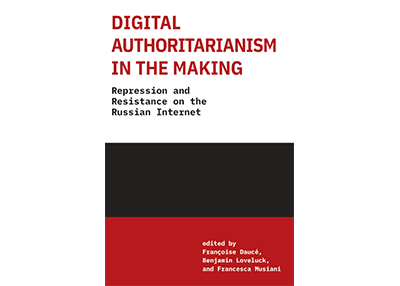
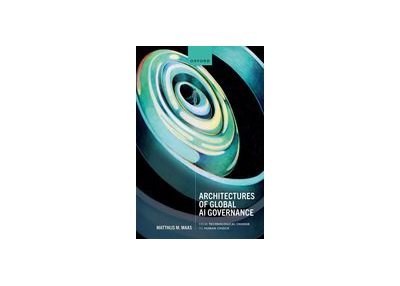
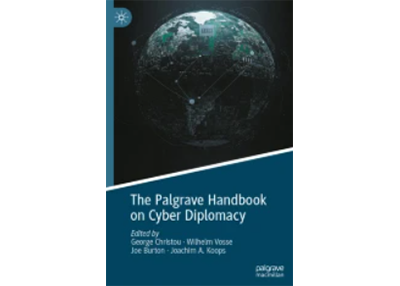
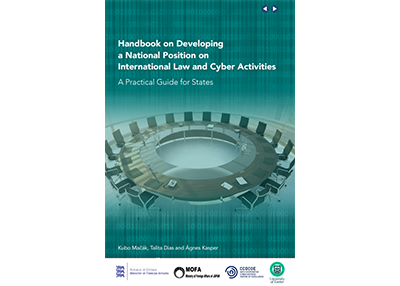
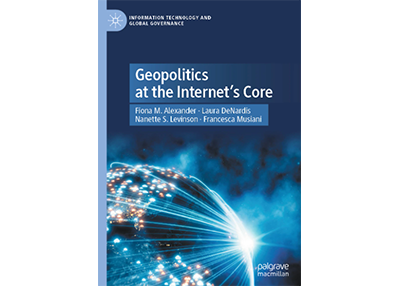
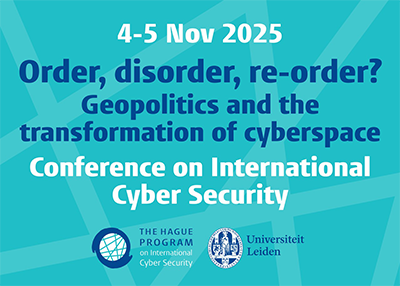
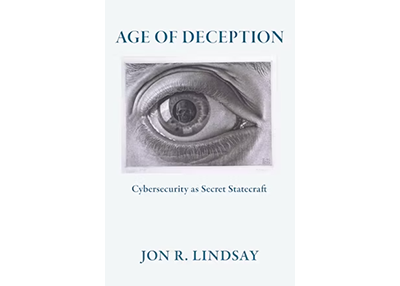
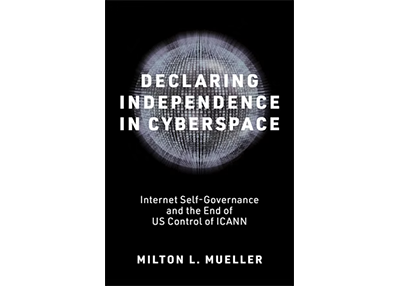















































.png)
















